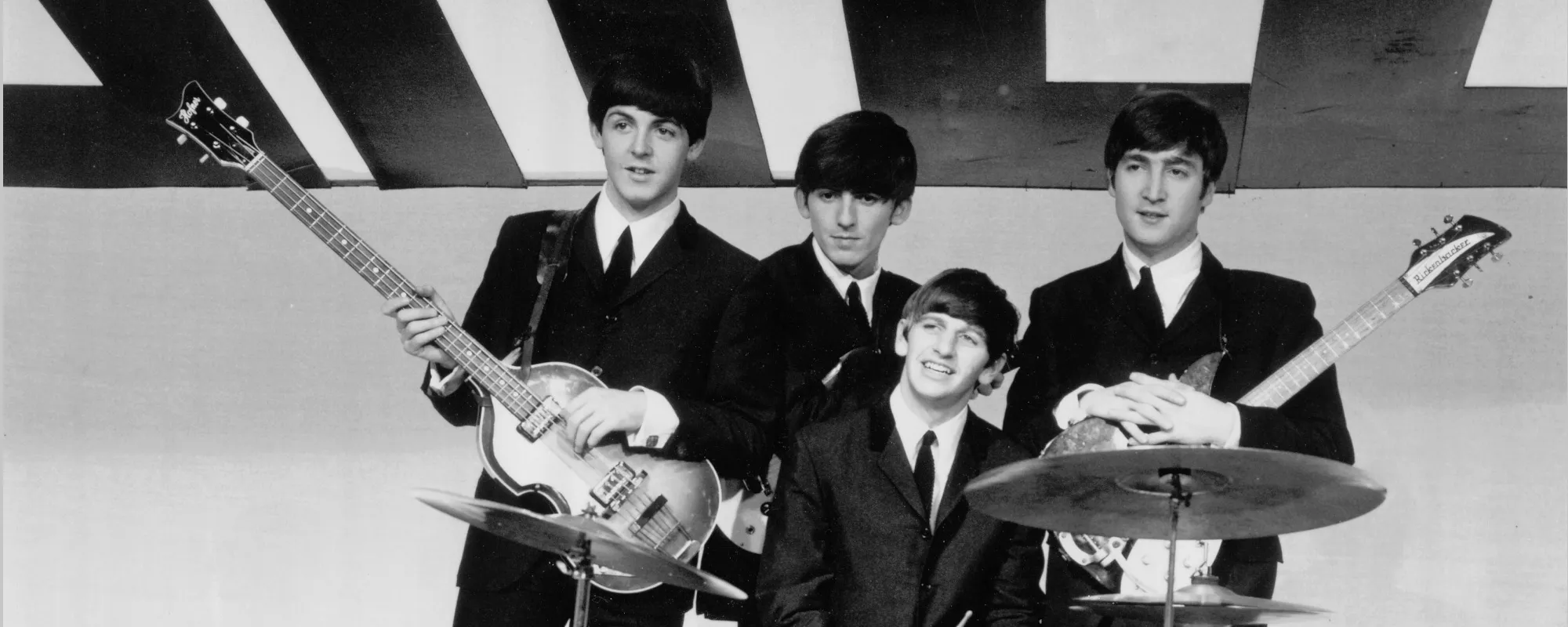“Hey Jude” stands as a cornerstone of The Beatles’ illustrious discography, a timeless anthem that continues to resonate with audiences across generations. Penned by the prolific Paul McCartney, this iconic track made its debut as a single in August 1968 before finding a permanent home on the band’s 1970 album, alternatively titled “Hey Jude” or “The Beatles Again” in the United States.
Renowned for its infectious melody and poignant lyrics, “Hey Jude” embodies the essence of The Beatles’ musical genius. McCartney’s emotive vocals infuse the song with a palpable sense of warmth and compassion, reflecting the heartfelt sentiment behind its creation. Originally conceived as a source of solace for John Lennon’s son, Julian, amidst his parents’ divorce, the song’s initial title, “Hey Jules,” underwent a subtle transformation to “Jude,” a change aimed at broadening its universal appeal.
At the heart of “Hey Jude” lies its simple yet profound chorus:
Hey, Jude, don’t make it bad
Take a sad song and make it better
Remember to let her into your heart
Then you can start to make it better
These timeless words, coupled with McCartney’s soul-stirring delivery, encapsulate the song’s enduring message of hope and resilience in the face of adversity.
“Hey Jude” soared to unprecedented heights of commercial success, topping charts worldwide and solidifying its status as one of The Beatles’ most emblematic compositions. Its extended coda, punctuated by the iconic “na-na-na-na” refrain, has become synonymous with the song’s infectious energy and audience participation during live performances.
Decades since its release, “Hey Jude” remains an indispensable part of the musical landscape, cherished by fans and frequently covered by artists spanning a myriad of genres. Its enduring popularity serves as a testament to The Beatles’ unparalleled influence and the timeless quality of their artistry, ensuring that “Hey Jude” will continue to captivate and inspire audiences for generations to come.
